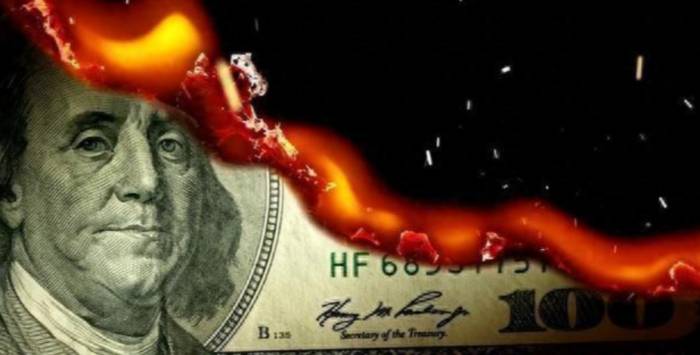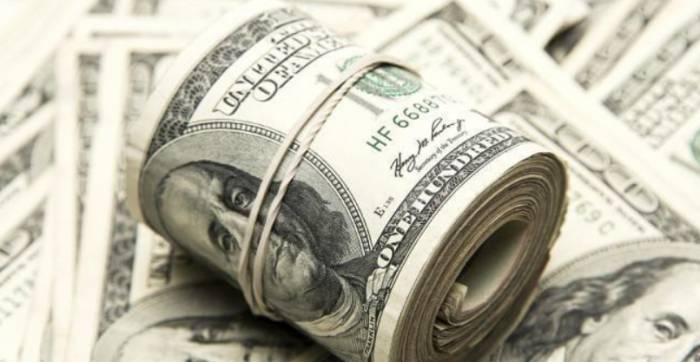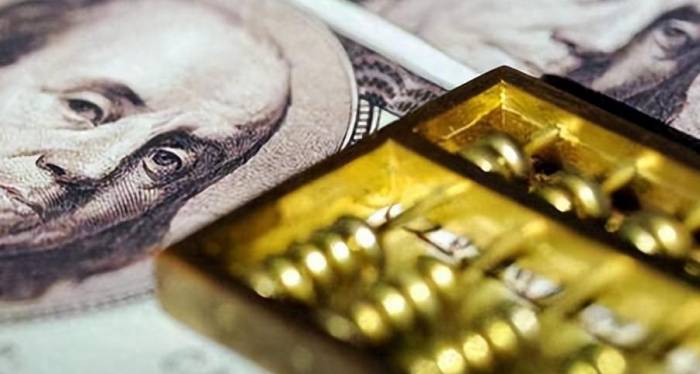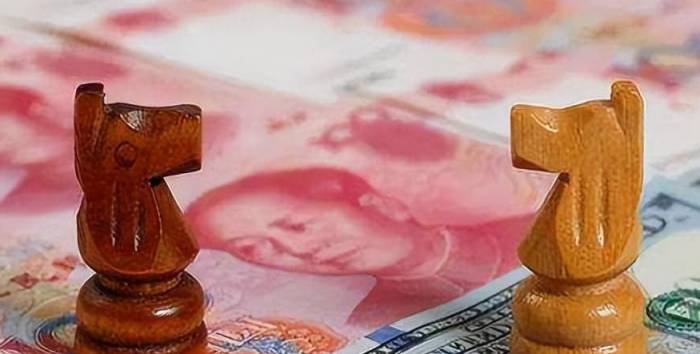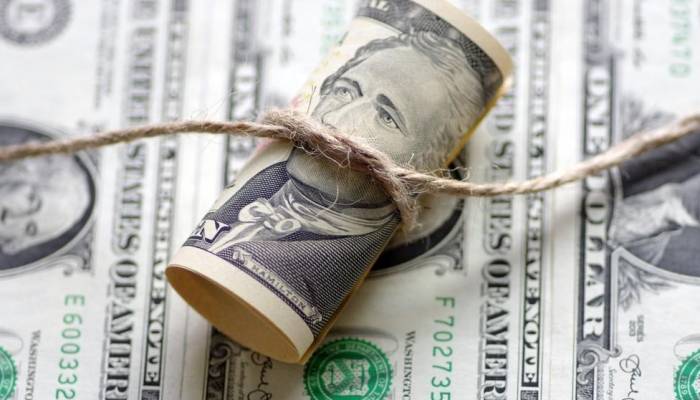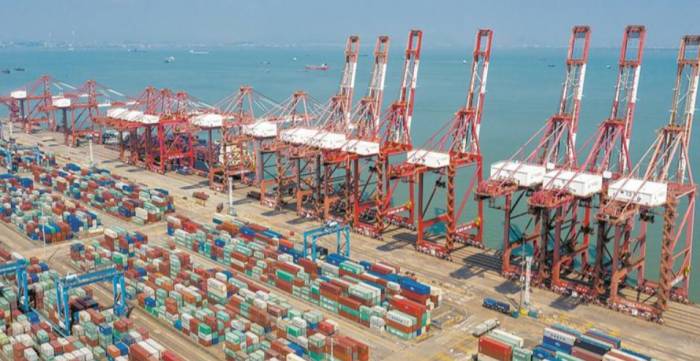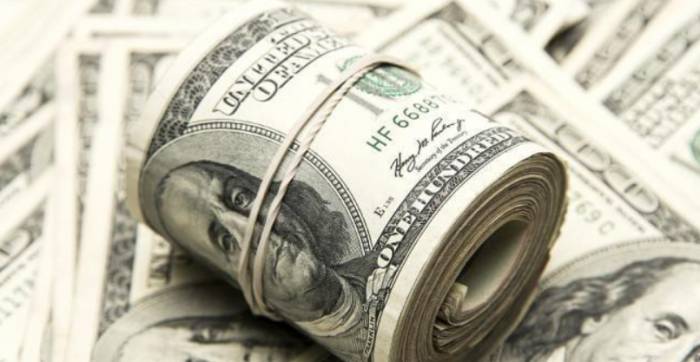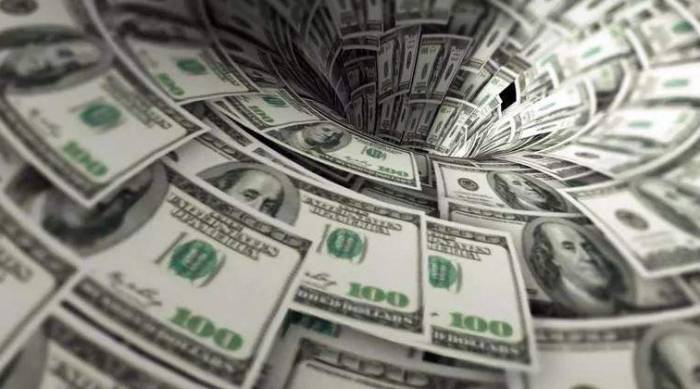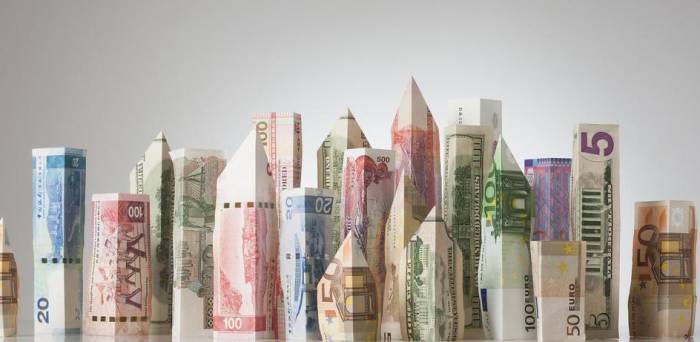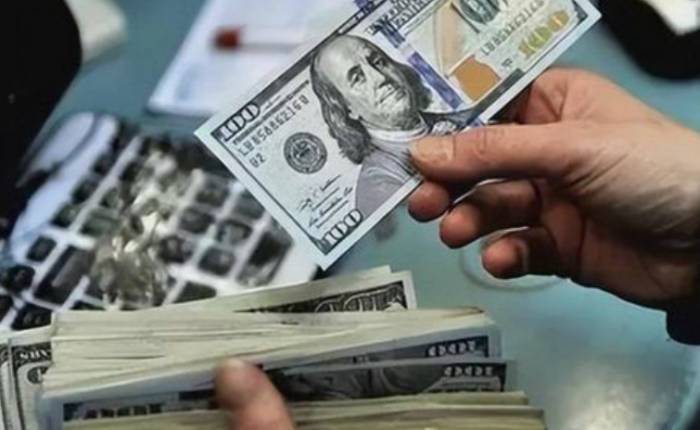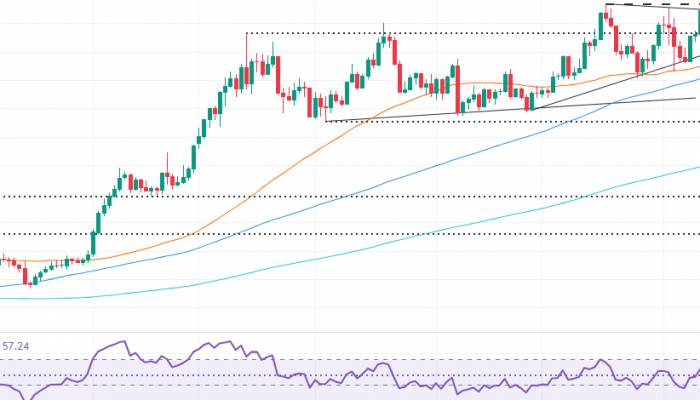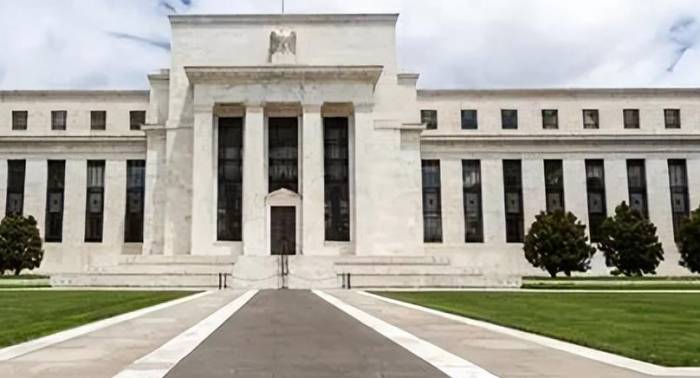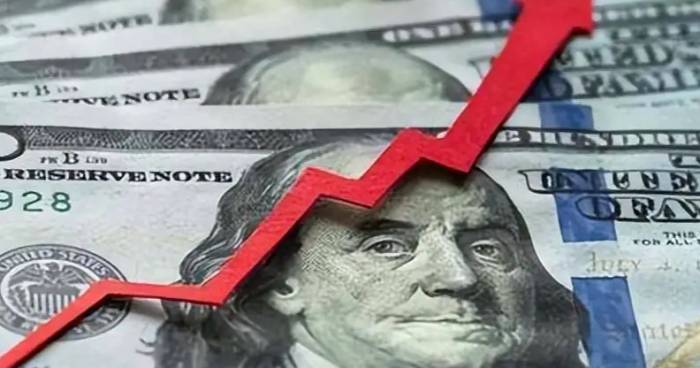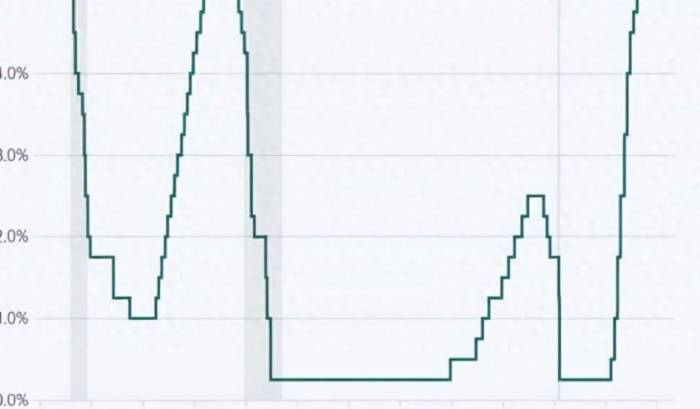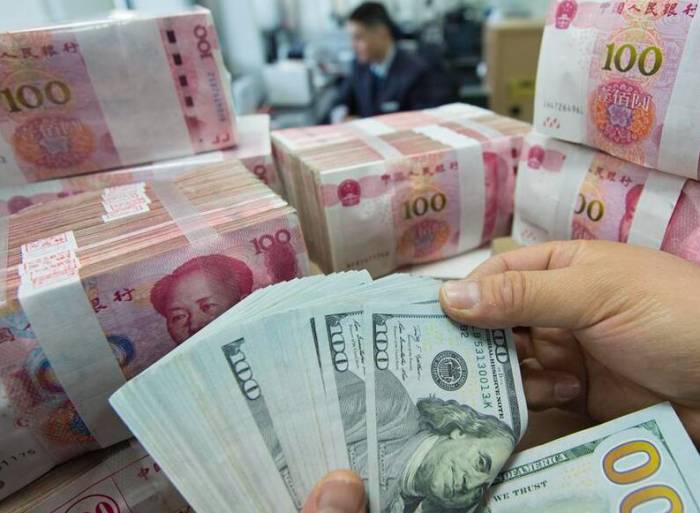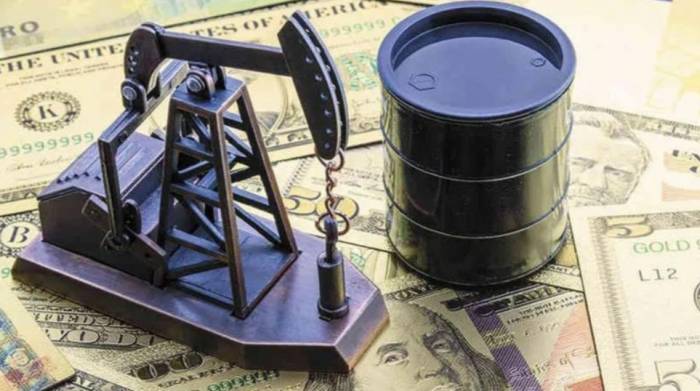"U.S.
Recession" Signal Shocks Global Stock Markets: Amid concerns over a "U.S. recession," global stock markets have experienced a massive sell-off in the past two days.
Asia-Pacific, the Americas, and the Greater China region are all reporting losses, with the global market turning a sea of green.
The European market is expected to open with a full-scale collapse in the afternoon.
Currently, the Japanese stock market is performing the worst, with a continuous sell-off today.
The Tokyo Stock Exchange Bank Index plummeted by 10%, and with less than an hour to go before the closing bell, the Japanese market is heading towards its worst trading day since October 2008.
The simultaneous interest rate hikes and balance sheet reduction have sent the yen to a new high in over four months, which may be the main reason for the collapse of the Japanese stock market today.
The Bank of Japan announced on July 31st that it would raise the policy interest rate from 0% to 0.1% to around 0.25%.
This is the first interest rate hike since the Bank of Japan ended its negative interest rate policy in March of this year.
The meeting also decided to gradually reduce the central bank's government bond purchases from the current level of about 6 trillion yen per month to around 3 trillion yen per month by January to March 2026.
The swap market has fully priced in a collapse overnight, with the Federal Reserve's interest rate swap market fully pricing in three rate cuts before the end of the year.
The swap market is a very reliable leading indicator.
If the market believes that the Federal Reserve will cut rates in the future, then the swap market has already reflected this expectation and is reflected in the prices of swap contracts.
On August 1st, the Federal Reserve kept interest rates unchanged but emphasized the possibility of a rate cut in September.
On the same day, the Bank of England cut rates by 25 basis points.
Overall, the world has entered a loose monetary policy stance.
According to the People's Bank of China's website, today's open market operations resulted in a net withdrawal of 356.88 billion yuan.
Active stimulus policies continue to be introduced, although they are all monetary policies, but the global concern over a U.S. recession has become quite evident.
The U.S. unemployment rate has risen from a low of 3.4% in April last year to 4.1% in June this year.
The "Sam Rule" has always been the best guide to predicting the start of a recession.
If the unemployment rate rises to 4.2%, it will trigger the Sam Rule's economic recession alarm.
This indicator has a 100% accuracy rate in predicting recessions since 1970.
However, according to market rules, when the U.S. experiences a recession, the most affected are not the U.S. but other countries.
Just like the 2008 global financial crisis, which occurred in the U.S., the impact was felt worldwide.
China's policy space is sufficient.
Currently, China still has room for interest rate cuts and reserve requirement ratio reductions, with a considerable gap before reaching negative interest rates.
At the same time, there are still many favorable policies in the stock market that have not been implemented, such as social security funds, insurance funds, and stabilization funds, all of which still have a significant amount of room for market rescue.
For the current situation, the overall focus of the A-share market is on stability, with no signals for stimulating speculative rises.
However, the market has been severely oversold, and recently, stocks with ten consecutive daily price limits have begun to appear.
Generally, when such stocks appear, they often signal a rebound.
If the signal of a U.S. economic recession is confirmed in the future, it is expected that under the global impact, more favorable policies will be implemented one after another.
The opportunity to bottom-fish in growth leader stocks may have arrived, but generally, in such extreme oversold windows, only long-term capital dares to lay out, and short-term capital is still more cautious.
Moreover, the real estate market has not fully lifted restrictions on purchases.
There are rumors that Shenzhen will further relax purchase restrictions, and real estate stocks have surged in the morning.
Overall, if the market weakens further, the point of national relaxation of purchase restrictions will be the limit.
The stock market has not fully opened up either.
The Ministry of Commerce: Guide more high-quality foreign capital into the capital market for long-term investment.
Therefore, if it falls further, A-shares still have a very large policy space to use.
T+0 has not arrived yet.
The suspension of quantitative trading has not occurred, and these are all positive points for the market.
So, be prepared to bottom-fish and actively look for stocks.
More adjustments will force out more benefits, and when the accumulation of benefits increases, the market will come at any time.



